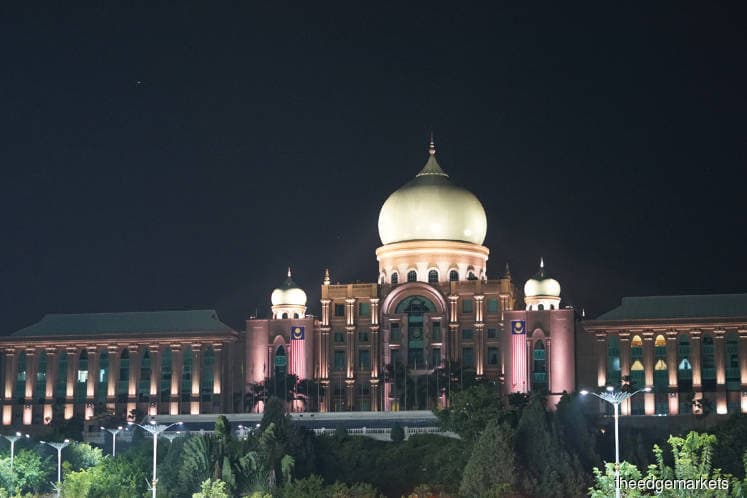
This article first appeared in The Edge Financial Daily on August 9, 2018
KUALA LUMPUR: The Asean Parliamentarians for Human Rights (APHR) has urged the Pakatan Harapan government to repeal the Sedition Act and other repressive laws used to silence critics and restrict fundamental freedoms.
In a statement yesterday, APHR urged Pakatan to fulfil its campaign commitment to repeal a range of draconian laws.
APHR board member Eva Kusuma Sundari, who is also a member of the Indonesian House of Representatives, said that for years, Malaysian authorities had relied on and misused a catalogue of repressive laws to restrict public debate and jail critics.
She said the new government has the mandate and responsibility to change course by repealing or amending these, including the Sedition Act, adding that it is an opportunity that cannot be missed.
“We urge the PH (Pakatan) coalition to take concrete steps towards legal reform before the current parliamentary session ends.
“This would send a powerful signal that the new government is serious in its commitments to prioritise human rights and good governance.
“It would also provide inspiration and belief to democratic actors across our embattled region that the winds of change have turned and are once again blowing in the right direction across Southeast Asia,” she said.
APHR said the Sedition Act had also frequently been used against opposition parliamentarians, undermining the country’s democracy.
The group said while it is positive that a number of sedition cases — including against high-profile individuals such as cartoonist Zulkiflee Anwar “Zunar” Ulhaque, human rights lawyer N Surendran and member of parliament R Sivarasa — have already been withdrawn, APHR, however, urged the Attorney General’s office to step up its efforts and drop all remaining cases under the Sedition Act against those who have done nothing but peacefully exercise their human rights.
Meanwhile, APHR board member and a member of the House of Representatives in the Philippines Teddy Baguilat said across Southeast Asia, many authoritarian leaders are in a “race to the bottom” when it comes to restricting human rights and the freedom of expression. From Manila to Yangon, to Bangkok, parliamentarians, journalists and rights defenders are risking their own safety and freedom simply by carrying out their work.
“People are now looking to Malaysia to set a positive example for the region, and to show that the dangerous trend of shrinking space for rights is reversible.
“We hope the new government will seize this chance,” he said.